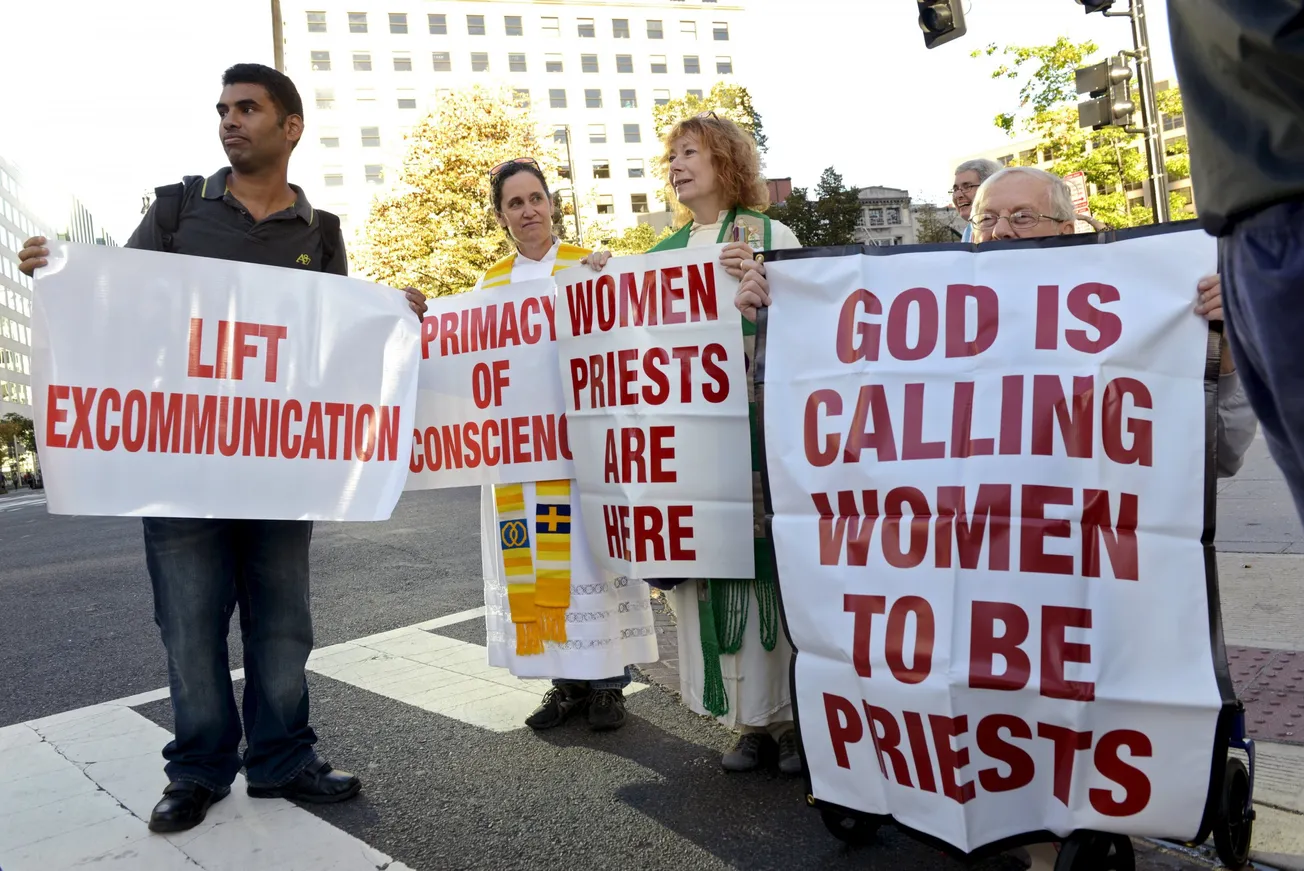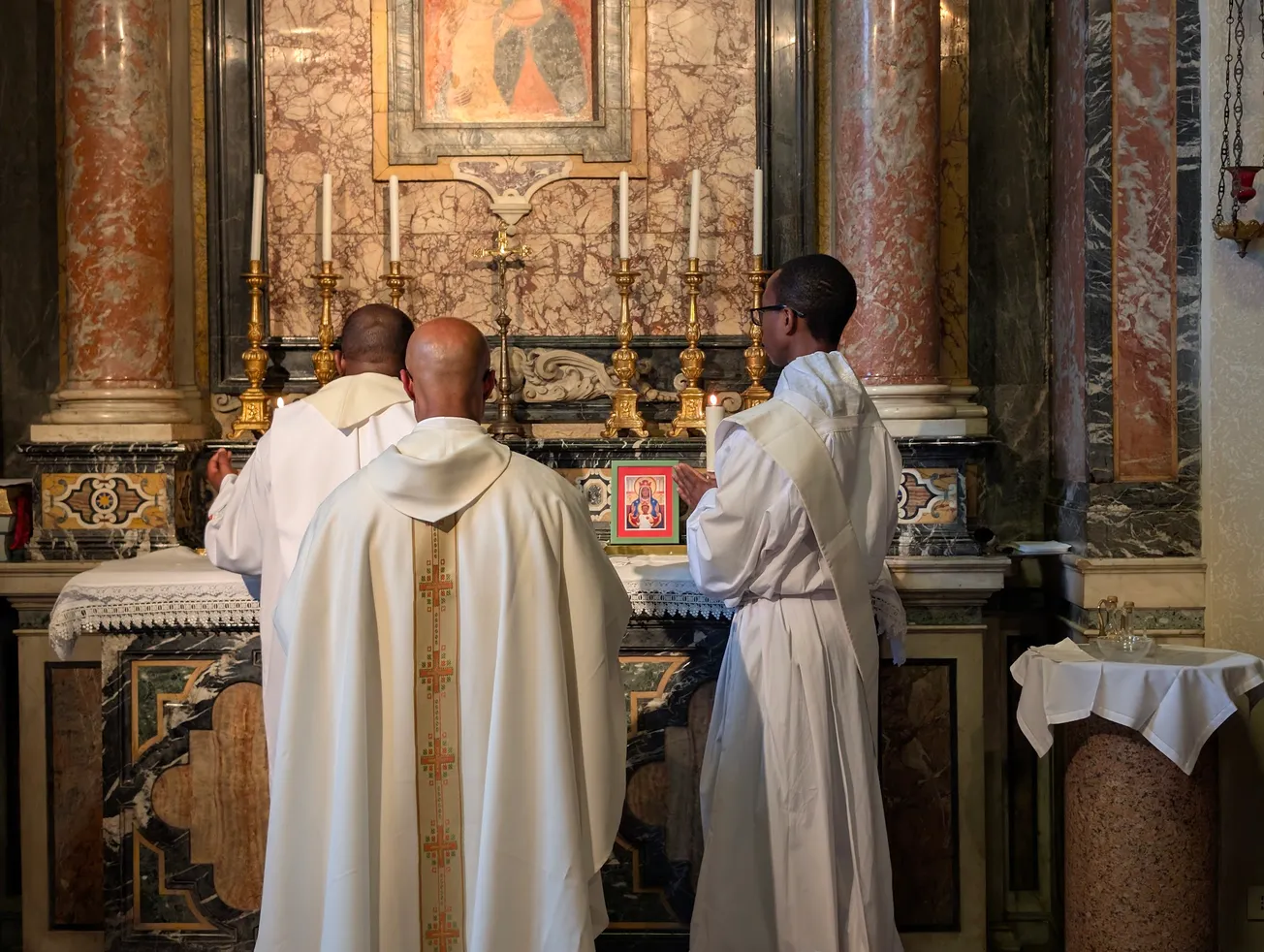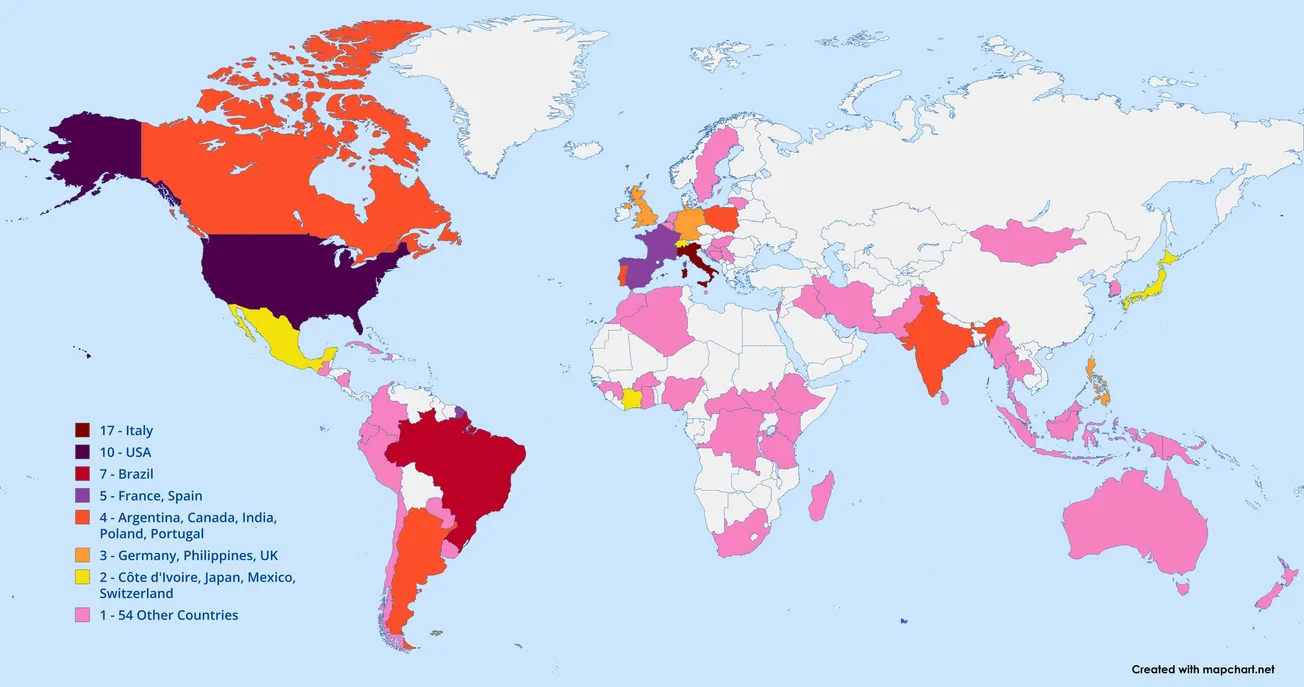Author's note: In honor of Captain André Cailloux, who was once known as the "Blackest man in New Orleans," I translate and republish a poem about him that appeared in the South's first Black newspaper, L'Union, 157 years ago. Cailloux was laid to rest in St. Louis Cemetery No. 2 on July 29, 1863.
(To the melody of “A Haïtien Does Not Act This Way”.)
What! You weep for the courageous captain,
Whose bravery amazed Port Hudson!
By falling without shelter in the field,
He shot down an unworthy doubt.
Let us console ourselves, men of his race,
In front of God alone he kneeled.
Let White and Black follow the noble footprints
Of the brave André Caillou. (Bis.)
Among the bullets, the grape-shot,
This hero, with black brow so proud.
Guided his steps, leading into the battle,
For his black brothers, brave as iron!
There, in the midst of enemy bullets,
Hissing, carrying death everywhere,
His soldiers, possessing a thousand lives,
They all followed André Caillou! (Bis.)
Dear God, what passion, what sublime courage!
Without any support in this bloody battle,
They made the enemy tremble in rage;
Then Banks recognized the saviors of our state!
Six times, on this day, they rushed for victory;
A thousand cannons crushed them everywhere …
These noble dead, in the house of glory
Always follow Caillou! (Bis.)
Oh liberty! Our mother, contemplate
Everything your children may henceforth do!
Doubt has fled; For them open your temple.
Time is on the side of the Union.
Soon conquered, the unworthy rebels –
Bloodthirsty men, jealous of your greatness –
Shall disappear, or loyal to you will be,
A hundred thousand Caillous! (Bis.)
written by E.H. [Émile Honoré]
published in L’Union, July 4, 1863
translated by Mark Charles Roudané
Mark Charles Roudané is a native of the Crescent City, and author of The New Orleans Tribune: An Introduction to America’s First Black Daily Newspaper. He is the great-great-grandson of Dr. Louis Charles Roudanez and researches his groundbreaking newspapers, L'Union and the New Orleans Tribune. Mark’s work has appeared in the South Atlantic Review, New America, 64 Parishes, and The Atlantic. He has presented on L’Union and Tribune history at universities, museums, and cultural organizations throughout the US.
Want to support our work? (You have options.)












